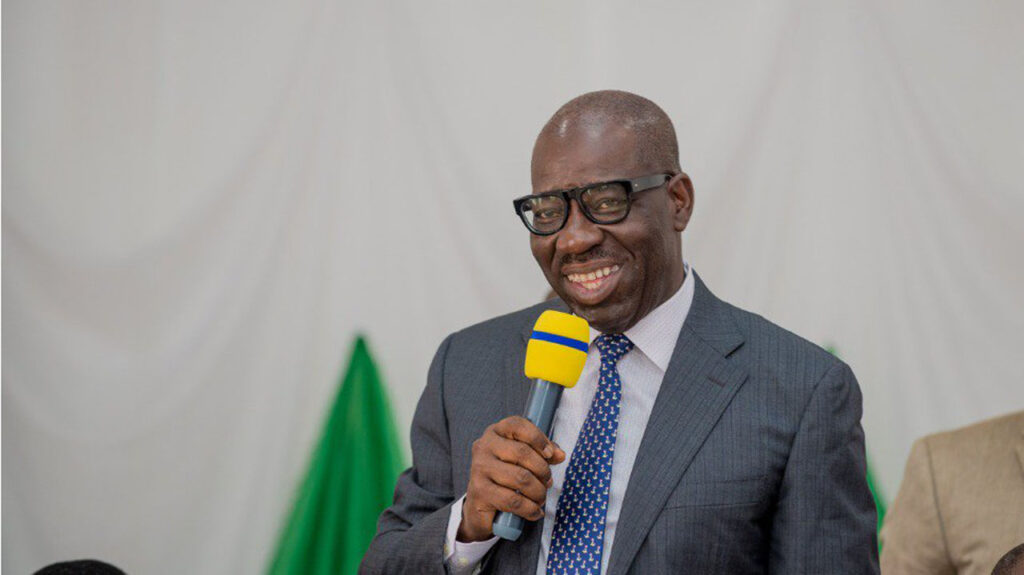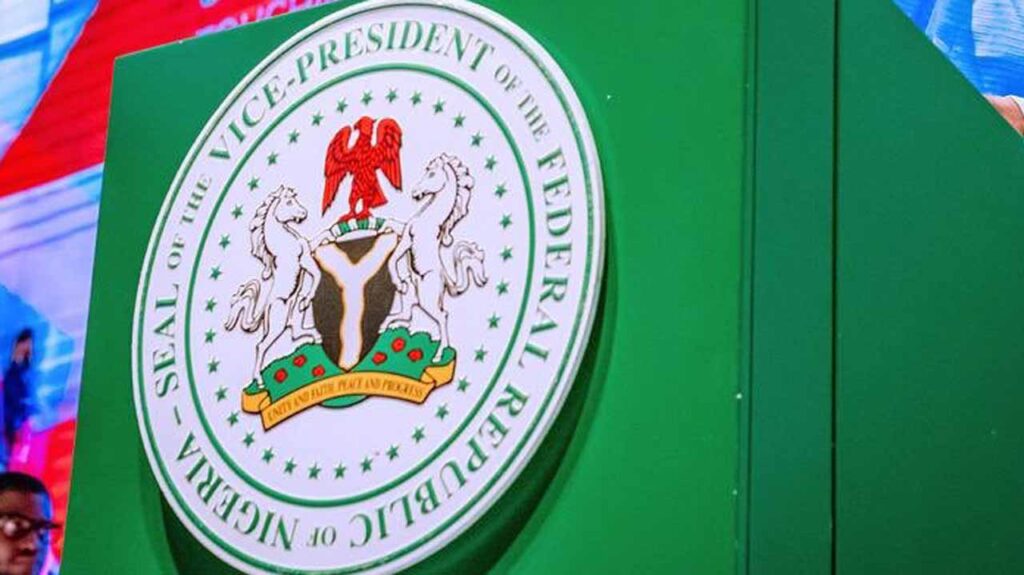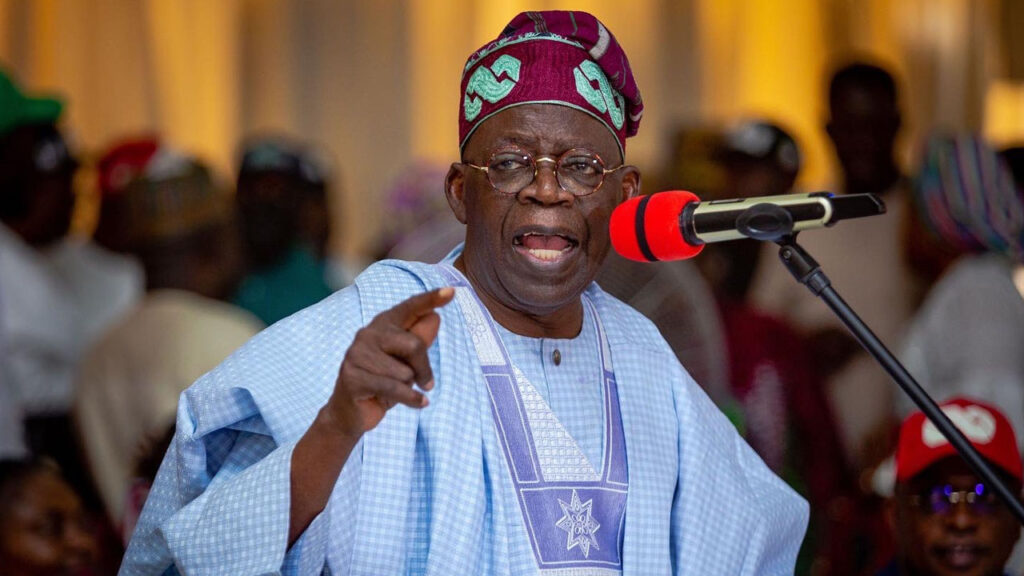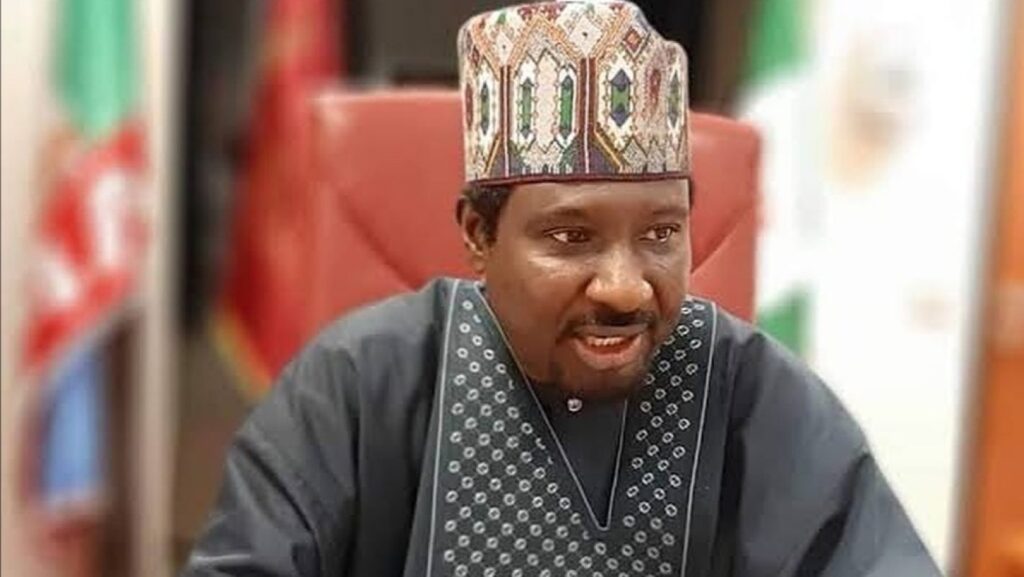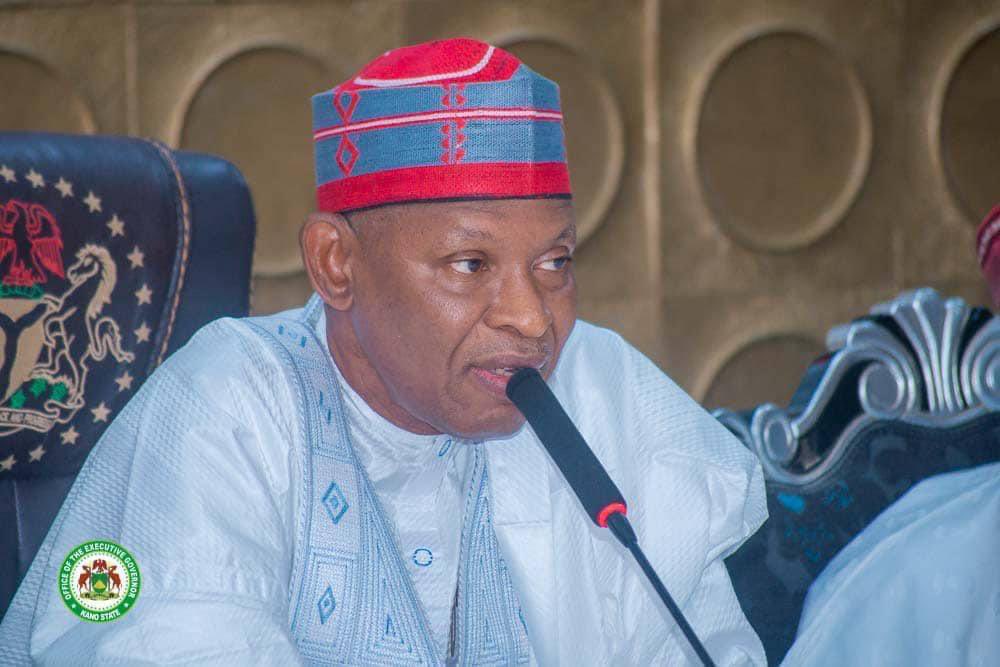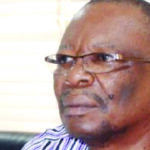
Professor Olu Obafemi’s bright picture of what goes against the grain of funding public university education in Nigeria is as bright as ever.
Future funding of education?
What the future funding policy of government for public institutions should and must bet emerged from an act of deliberate government policy that provides a genuine space for collective bargaining engagements, the kind that came out of the negotiations and renegotiations between the federal government and the university-based unions—the last of which were the Munzali Jibril’s and Nimi Briggs’ led Renegotiation Teams.
This, disappointingly, has been set aside by government, leaving the universities in the on-going state of infrastructural and welfare decay, a situation which has produced the unchecked massive brain-drain, or ‘Akada-Japa’ outflow of the best old and young academics from Nigeria and to Europe, America and other lands, including China and less endangered African universities, some of which we find in South Africa, Egypt, Ghana, and so on, in countries which are faring well in Global Ranking of Universities.
I must say that the recommendations from these renegotiations, already one year since they were not implemented, have become obsolete and untenable based on the state of the nation’s economy strangulated by stagnation, hyperinflation and lack of productivity.
By 2023, the currency exchange rate between Dollar and Naira stood at about 1 dollar to 400 Naira. Today, there is an over 450 per cent increase (1 dollar to 1,700 naira). Even as attempts are being made by the present government to bring down the skyrocketing, bewildering devaluation of the naira against the dollar, the prices of commodities and services have stayed prohibitively high.
There is really no room and time to negotiate the immediate implementation of that Renegotiated rate. Tomorrow may be too late, given the galloping rate at which the Naira collapses when taken side by side along the Dollar, Euro or even Chinese Yuan/Renminbi and the Russian Rouble.
One must take the implementation of this latest renegotiation recommendation as our first proposal to government as the most minimum, realistic, baseline of action, indeed a very, very realistic one, since any other proposal will have to await another inevitable collective bargaining engagement between government and the industrial unions in the public universities. The immediate conclusion and implementation of the 2023 Agreement cannot be subjected to discussion. In any case ASUU itself, quite germanely, also asserts that no meaningful step can be taken forward unless the Federal Government of President Bola Ahmed Tinubu implements the recommendations from the Nimi Briggs’ Committee Renegotiated 2009 Draft Agreements. I could not agree less, not just because I was a part of that exercise but because it is the most logical and progressive thing to do.
During the Press Conference at the end of its National Executive Council (NEC) Meeting at the Niger Delta University Wilberforce Island onFebruary 10th-11th, 2024 ASUU restated the absence of a negotiated agreement between her and the federal government since 2009 (15 years ago). The Union therefore “call(ed) on the President Tinubu-led administration to immediately set in motion the process leading to the reviewing and signing of the Nimi Briggs-led renegotiated Draft Agreement as a mark of goodwill and assured hope for Nigeria’s public universities.
That process cannot take place unless there is a Governing Council which represented government in the Re-Negotiation in the first place. This is why the NEC observed, ‘with dismay the continued attack and erosion of autonomy of public universities’ manifest in the ‘illegal dissolution of Governing Councils which led to the connivance between Vice-Chancellors and the Federal and State Ministries of Education’ to hi-jack the role of Councils.
A few days ago, February 22, 2024, the Eightieth Birthday of Professor Briggs was celebrated. Nothing can better immortalise his name than implementing that Agreement because of his total commitment to the revitalisation of the University system. During his burial last year, we the remaining members of his Committee, restated his commitment, vision and drive toward the transformation of the educational system in general and the universities in particular.
Permit me to quote part of our Tribute at his burial, given its germaneness to the topic of funding public universities by the government, especially regarding the promise government made to immortalise his name through the Federal Minister of Education on behalf of the Federal Government (May 20, 2023): We wrote, in part, in that Tribute, inter alia, about Professor Nimi Briggs;
Your passionate belief in human possibilities—the triumph of the humanity—that everything good will happen and that the Negotiated Agreement, based on a proposal of Quality Education in the Nigerian academe as the bedrock of civilization, will see the light the day and its implementation will come to pass—all reveal, distinctly, your persuasion of the indomitability of the human spirit… Realising that a different approach must be adopted to continue the earlier effort of preceding negotiators, and contrary to the lie that we didn’t, you ensured that all the critical agencies of government were carried along in the process. You ensured that government itself was constantly consulted and briefed at every critical stage of the Re-negotiation to get their by-in.
Based on the confidence that our Team had the ear and approval of government, the Unions, especially the ASUU, worked with us, participated in drawing the final Draft of the Agreement and committed to it appreciably. Not stopping there, they went ahead and prepared their principals, and their Congresses, for the actual signing of the Agreement. With a positive turn-of-mind, that Agreement was realistic and acceptable to government, especially at the Ministerial level, we submitted it.
Nimi Briggs and the rest of us believed there was no alternative to accepting the well-wrought document, if the university system will be rescued from its doldrums, decadence and declining standards. You refused to be daunted or ruffled when the patently distracting legal process was entered into by an agent of government (namely, Chris Ngige, Minister of Labour) and a court injunction was obtained when the easiest option was to get the two parties to sign the Agreement.
Although due to hyper-inflation, naira collapse and so on, that Agreement and its conditions, are already overtaken, it is still the starting point of collective bargaining between the university-based unions and the Federal Government as the funding strategy for now and the future.
Implicit in that Re-Negotiation Agreement are, among others; (a) salaries and wages, unpaid earned allowances, (b) revitalisation Fund and Needs Assessment Intervention—to address issues of shortage of: Lecture Theatres, hostel accommodation for students, equipping laboratories, digitalization and stocking of physical libraries, and so on.
Research funding through the establishment of a National Research Policy. May I just quickly reiterate the obvious and add here that research is the sole source of generating new knowledge (or diverse kinds of knowledge), be it scientific, technological, innovative and humanistic (including digital humanities). There is yet to be established, by an Act of Constitution, a National Research Foundation in our country. (I just heard that one has been recently pronounced, happily).
The agitation for this has been on for decades. It is important to put a stamp on the ongoing National Research Fund (NRF) by TETFund’s management and its Board of Trustees. From this effort, Government announced the approval of the sum of N5.1 billion for 185 research proposals for this year.
Very laudable for starters. But this is out of 4,287 concepts amounting to about 5per cent for this year. Government must march this substantially by increasing research grants allocation to federal universities under its own Capital Appropriation. One can ill-afford (in the interest of the health of one’s heart, to contemplate what would have happened to research without TetFund.
There has to be a huge welcome to NRF during this government with her Renewed Hope Agenda., aimed at growing the economy and improving ‘living standards in Nigeria.’ It is not too late for NRF even though some African countries have been here long before now: South African National Research Foundation was established in 1998 by an Act of Parliament.
The National Research Fund of Ghana was instituted in 1998 by an Act of Parliament to contribute to national development and advance human capacity through funding research infrastructure. Egypt’s National Research Foundation was also established in 1998 with a national authority for remote sensing for space science.
Nigeria is dining late, in this regard and must dine sumptuously by funding her universities for research, patency, and in partnership with industries and for commerce, through a Quadruple Helix—Universities, Government-Industry and Society, taking a leap beyond the Triple Helix Heritage that NUC under its former, dynamic Executive Secretary, Prof Abubakar Rasheed, proposed.
Added to vigorously engaging in well-funded, by government, cutting-edge research at our universities, is the critical essence of establishing, as recently proposed by Professor Awhor Ogugua (2023), some well-funded research universities ‘with world-class facilities’ so that we can contribute to ‘global knowledge creation, accelerate national development’ and harvest well-trained PhDs.
Professor Emeritus Ayo Banjo (2019) made a case for ‘allowing all universities in the country, without discrimination, to have access to research funds from the federal government’, including ‘exceptional academic staff’ employed anywhere ‘to benefit from financial support for their research.’
Beyond this, we must counsel that, as the existing recommendations achieved through negotiated Agreements are hopefully being implemented, new circles of collective bargaining between government and the universities-based unions must commence in an atmosphere of cordiality and peace to arrive at a comprehensive, realistic funding regime that will promote a healthy, qualitative teaching, learning and cutting-edge research regime that is globally competitive in the Nigerian universities.
To be continued.
Afejuku can be reached via 08055213059.






